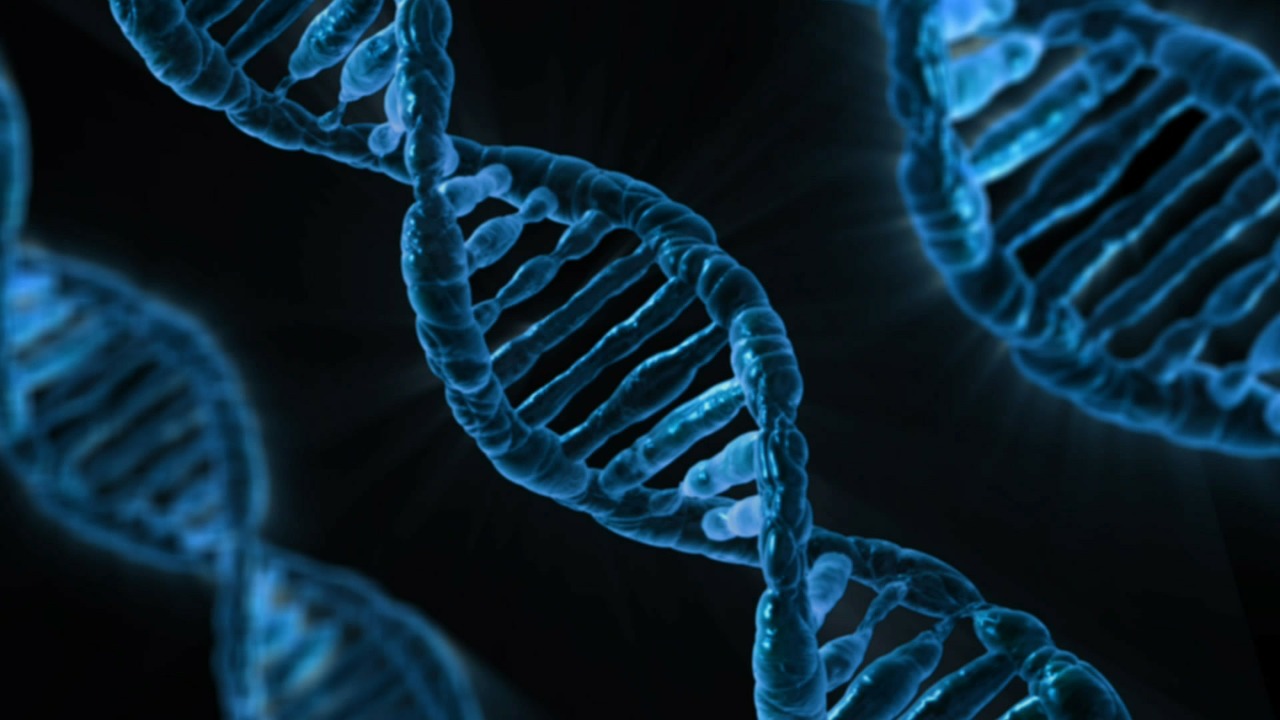
This is the ninth post in a series on some of the physiological (non-psychological) causes of depression and/or anxiety.
What is methylation?
Methylation is a process that happens in every cell of the body where one molecule passes a methyl group, which is a carbon atom linked to three hydrogens, to another molecule. Methyl groups are added to different proteins, DNA and other molecules. Methylation is involved in repairing DNA, turning genes, enzymes and neurotransmitters on and off, getting rid of toxins, energy production and regulating inflammation to name a few.
Methylation defects are associated with a variety of conditions that include:
- Depression
- Bipolar disorder
- Eating disorders
- Mood swings
- Anxiety disorders
- AD(H)D
- Panic disorder
- Addictions
- Schizophrenia
- Alzheimer's
- Autism
- Perfectionism
- Alcoholism
- Pre-menstrual syndrome
- Miscarriages
- Infertility
- Insomnia
- Thyroid issues
- Skin rashes
- Migraines
- Chronic fatigue
- Asthma
- Allergies and chemical sensitivities
- Autoimmune diseases
- Cancer
Methylation problems are common due to food and environmental toxins, emotional trauma, genetic mutations, some medications, certain nutrient deficiencies, alcohol, gastrointestinal conditions such as small intestinal bacterial overgrowth (SIBO) and heavy metals.
About 45% of the population have a particular genetic defect in one of the enzymes (MTHFR) involved in methylation. Mutations in genes that are involved in methylation don't necessarily guarantee methylation problems but they do increase the risk of poor methylation, especially if exposed to certain factors. Other enzymes associated with methylation can also be affected by genetic mutations.
What is the link between methylation and depression or anxiety?
Methylation plays a role in making and breaking down various neurotransmitters including noradrenaline, adrenaline, serotonin, dopamine and histamine. For example, a problem with breaking down dopamine can lead to seizures, insomnia, panic attacks and fits of rage. A problem in making the neurotransmitter serotonin, and therefore the hormone melatonin, can lead to depression and insomnia.
Methylation status can be assessed through a number of blood tests that also includes genetic testing. Any problems with methylation are dealt by addressing the root cause and by taking into account a person's individual biochemistry. Methylation issues can be complex and it is not a 'one size fits all' approach. Please consult a qualified naturopath or nutritionist who can offer comprehensive testing and devise a tailored treatment plan that is right for you.
If you suffer from depression or anxiety, suspect methylation may be a factor and would like an individual naturopathic consultation, please contact me to schedule your appointment.
Stay tuned for my final post in this series on sleep and its link with depression and anxiety.
Yours in Health,
Micaela
References
Gropper, s, Smith, J, Groff, J. 2009, Advanced Nutrition and Human Metabolism, 5th edn., Wadsworth Cengage Learning, CA.
Holford, P., 2009. New Optimum Nutrition for the Mind,Basic Health Publications, Inc, London, England
Liska, D., Quinn, s., Lukaczer, D., Jones, D., Lerman, R. 2004, Clinical Nutrition-A Functional Approach, 2nd edn., The Institute for Functional Medicine, Washington, USA.
Walsh, W., 2012. Nutrient Power-Heal your Biochemistry and Heal Your Brain, Skyhorse Publishing, USA